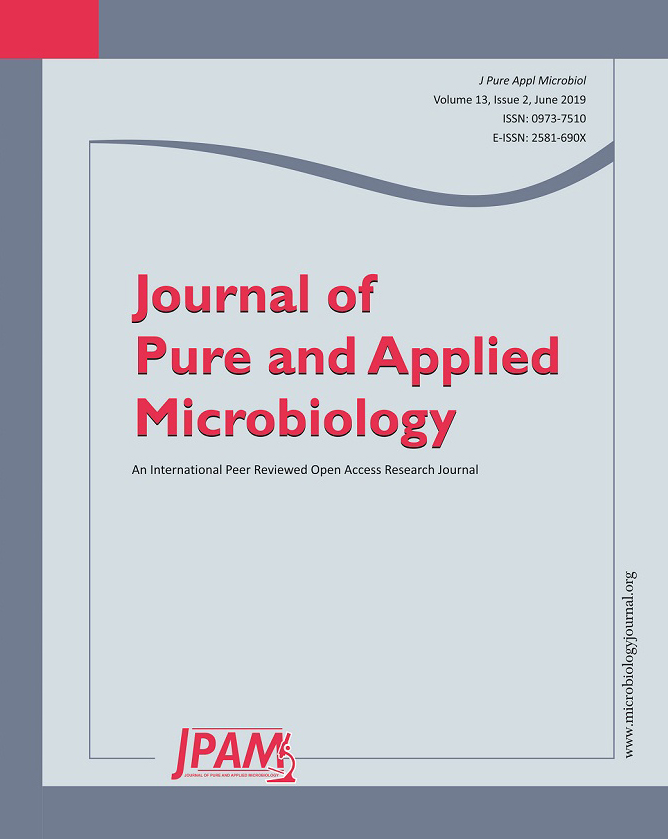Human milk can be an important source for obtaining potential probiotics strains for newborns in order to establish the beneficial gut microbial community and development of immune system. The aim of the study was to explore potential human breast milk probiotics and to carry out their in vitro biosafety assessment. The study obtained three isolates namely, SP1B, B2Enr and SP1 which showed potential probiotic activities compared to standard probiotic Lactobacillus plantarum. In addition, these isolates were found to be safe through various in vitro biosafety aspects. The molecular identification by16srDNA sequencing revealed that SP1B and B2Enr belong to Bacillus cereus (MK210172) and Staphylococcus epidermidis (MK210234), respectively. For the first time, the study suggests that these bacterial strains may come in the category of probiotics and can be considered further after in vivo biosafety assessments.
Probiotics; Biosafety assessment; Human breast milk; 16srDNA sequencing.
Article Metrics
Share This Article
Journal Tools
Journal Metrics 2018
© The Author(s) 2019. Open Access. This article is distributed under the terms of the Creative Commons Attribution 4.0 International License which permits unrestricted use, sharing, distribution, and reproduction in any medium, provided you give appropriate credit to the original author(s) and the source, provide a link to the Creative Commons license, and indicate if changes were made.


